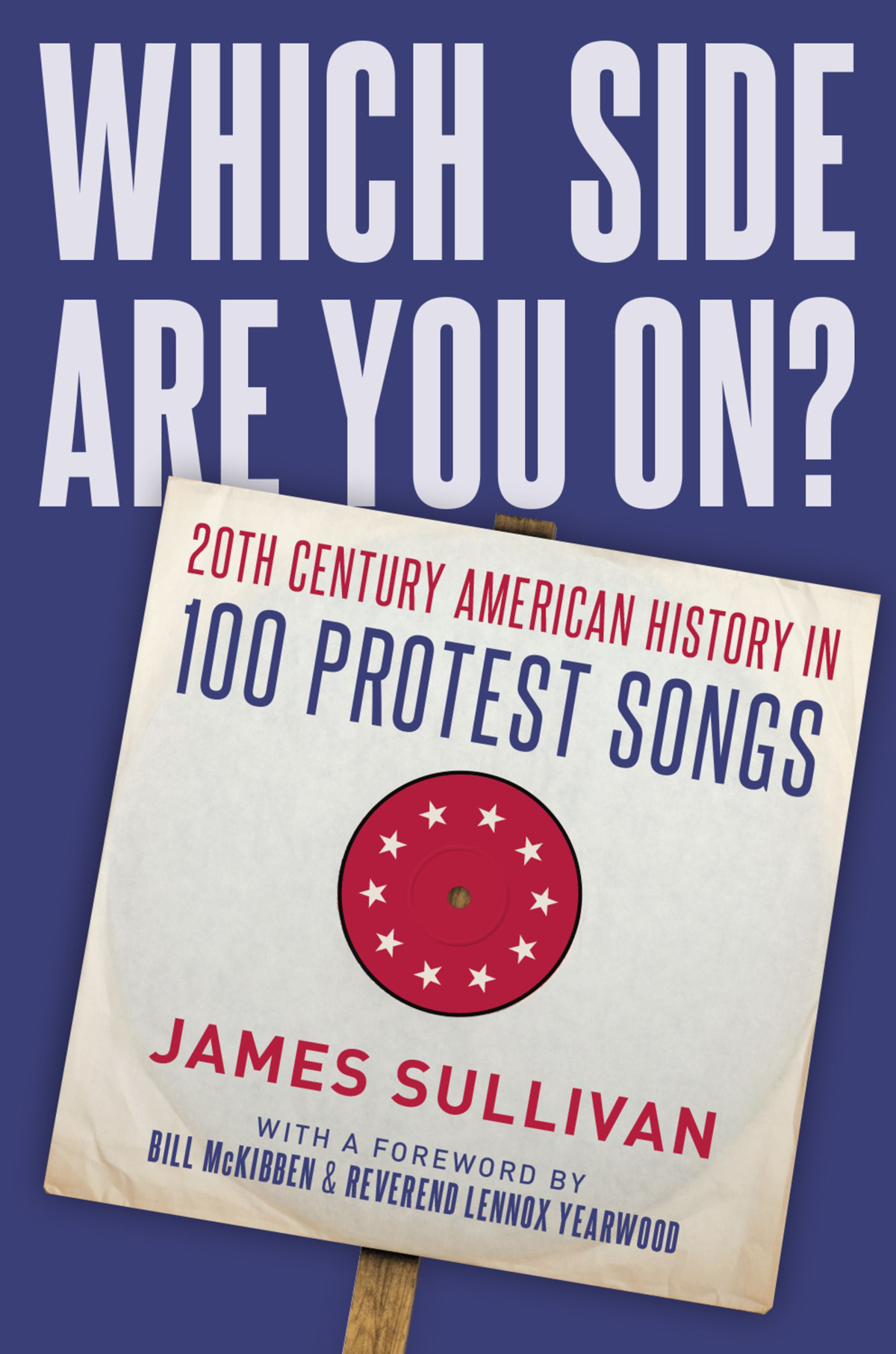

Most ebook files are in PDF format, so you can easily read them using various software such as Foxit Reader or directly on the Google Chrome browser.
Some ebook files are released by publishers in other formats such as .awz, .mobi, .epub, .fb2, etc. You may need to install specific software to read these formats on mobile/PC, such as Calibre.
Please read the tutorial at this link: https://ebookbell.com/faq
We offer FREE conversion to the popular formats you request; however, this may take some time. Therefore, right after payment, please email us, and we will try to provide the service as quickly as possible.
For some exceptional file formats or broken links (if any), please refrain from opening any disputes. Instead, email us first, and we will try to assist within a maximum of 6 hours.
EbookBell Team

5.0
110 reviewsWhen he emerged from the nightclubs of Greenwich Village, Bob Dylan was often identified as a "protest" singer. As early as 1962, however, Dylan was already protesting the label: "I don't write no protest songs," he told his audience on the night he debuted "Blowin' in the Wind." "Protest" music is largely perceived as an unsubtle art form, a topical brand of songwriting that preaches to the converted. But popular music of all types has long given listeners food for thought. Fifty years before Vietnam, before the United States entered World War I, some of the most popular sheet music in the country featured anti-war tunes. The labor movement of the early decades of the century was fueled by its communal "songbook." The Civil Rights movement was soundtracked not just by the gorgeous melodies of "Strange Fruit" and "A Change Is Gonna Come," but hundreds of other gospel-tinged ballads and blues. In Which Side Are You On, author James Sullivan delivers a lively anecdotal...